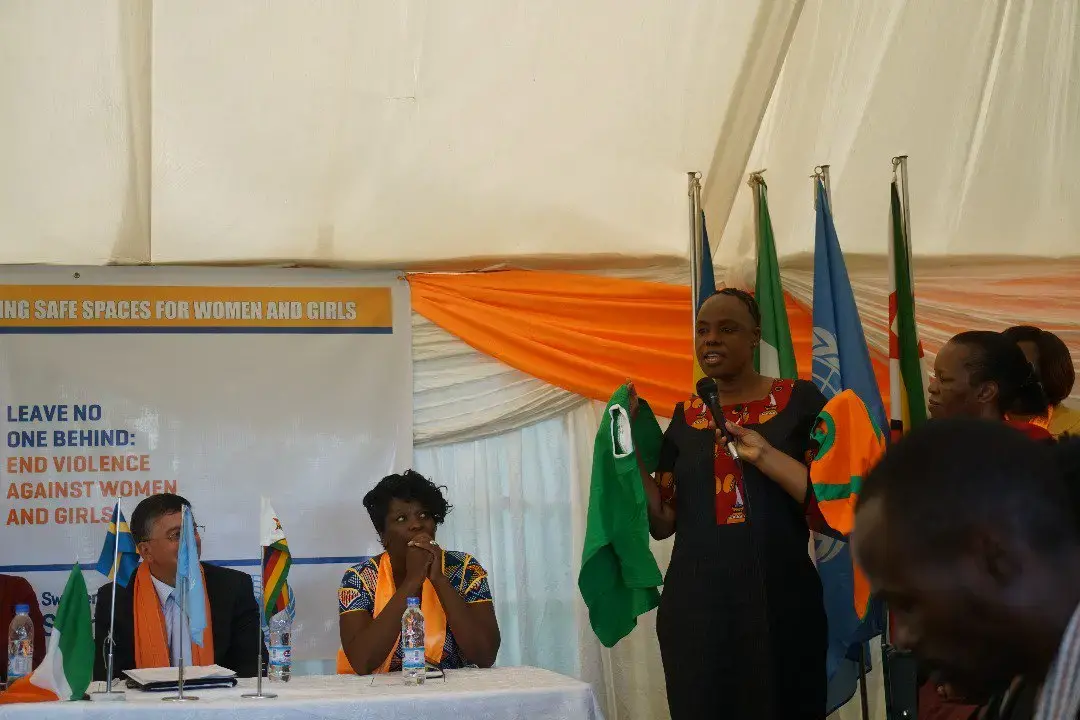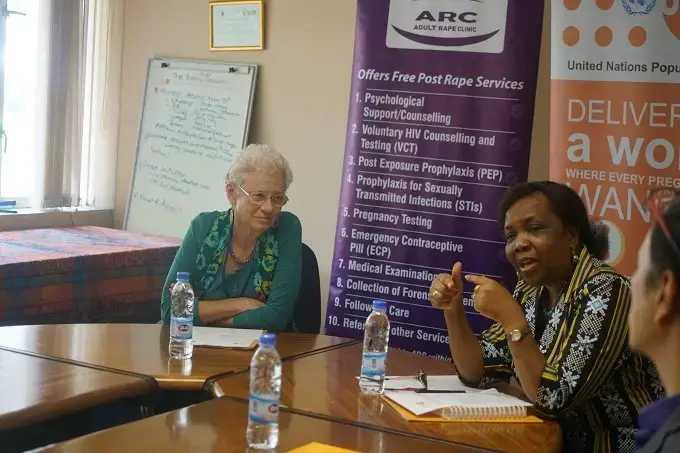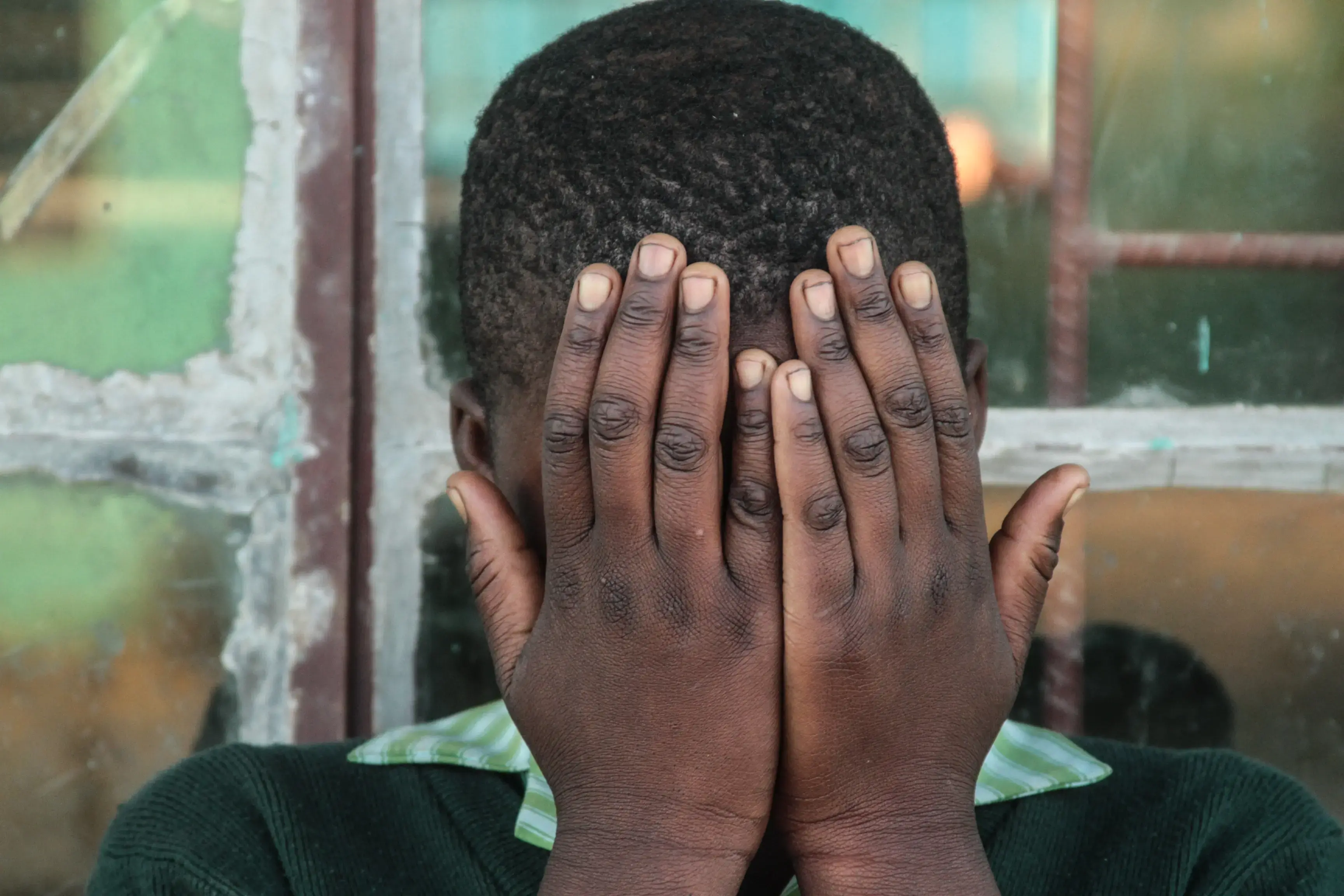Faith and Hope are orphaned twin sisters from Mwenezi, a remote district situated in Masvingo province, south of Zimbabwe. When their parents died, they were still very young and were taken in by an uncle and aunt. The two girls did not finish school and were asked to stay at home and assist with household chores.
The twin sisters had been ‘adopted’ into an already impoverished family that could barely afford two decent meals per day, forcing them to start working in people’s communal farms at the tender age of 12 in exchange for food, soap and clothes. The erratic rains experienced in Mwenezi District made the situation worse. Their family farm did not yield enough food, therefore they had to work extra hard in teachers’ homes and communal farms.
“We were forced to drop out of school because our guardians could not afford to raise the fees, because of the poor cropping season, and they were not willing to make alternative efforts to raise the money. Life was hard, we couldn’t afford things like sanitary pads,” one of the sisters says.
“My uncle started admiring our bodies, emphasizing that we should thank him for taking care of us. He then started coming to our bedroom and asking us if we are ready for fun. One day he raped us – that was the most painful experience and we cried all night,” says one of the sisters.
The following day, a neighbor noticed that the two were struggling to walk and reach out to the girls to provide some support. The two sisters broke down and told her what had happened. The girls did not know where to seek for help because Mwenezi is remote and located very far from facilities and amenities with GBV services. The neighbor explained that a mobile One Stop Centre was due in their area the following day.
“We got there very early and met the welcoming counsellors, who assisted us. We managed to get clinical care and got Post exposure prophylaxis. We were then taken to the GBV Mwenezi Shelter. It was no longer safe to stay at our uncle’s home. The Mobile OSC team also engaged with the Victim Friendly Unit, and their uncle was arrested.
“And with COVID19 and the lockdown, we were also scared of moving around. If the mobile team had not come, or if we hadn’t received information from our neighbor on the availability of such a service, we would have missed the opportunity to get treatment and support. We are receiving psychosocial support services at the shelter and we now feel very safe. At first we were afraid to report what our uncle was doing, because of fear of being thrown out of the house. But now the court processes are going on and we are hopeful that this monster will be convicted.”
Before the rape case, their uncle would constantly abuse them for failing to contribute food to the household to his satisfaction despite the twin sisters doing their best at the age of 12. The sisters said hunger made him even more aggressive and violent towards the family.
Experiences of girls such as Faith and Hope are sadly all too common in Zimbabwe where Gender-Based Violence (GBV) remains prevalent. According to the Zimbabwe Demographic and Health Survey ZDHS at least 1 in 3 women aged 15-49 have experienced physical violence and sexual violence. At least 90% of these having been committed by a current or former husband, partner, or boyfriend. The report notes that of those who experienced physical or sexual violence only 37% of them sought help. The compound effect of Drought and COVID19 and their socio-economic impact, generated an increase on GBV of over 40%, as recorded through the National GBV Hotline.
According to the Ministry of Women Affairs, Community and Small and Medium Enterprises Development GBV survivors in drought affected areas like Faith and Hope often endure GBV because of fear of being thrown out of home. The long distances they have to travel to access services – which usually costs them money also deter them from seeking services. The lack of privacy at police stations and hospitals also discourages survivors from going to these public facilities to seek services. Other concerns have been that service providers are located in different physical locations thereby inhibiting, rather than facilitating, immediate and timely access to critical GBV services. This results in some cases going unreported to the police and most importantly survivors failing to access life-saving services.
To respond to these challenges in drought prone districts, the United Nations Population Fund (UNFPA) with support from the Central Emergency Response Fund (CERF) is supporting the provision of mobile GBV services through Mobile OSCs, in an effort to bring essential GBV services closer to those in need in remote and hard to reach areas.
The mobile OSCs have been instrumental in ensuring survivors such as Faith and Hope receive critical services, and to counter-balance the de-prioritization of GBV essential services in drought affected areas. The mobile OSC model proved the most effective service delivery model, including during the COVID-19 lockdown period, when survivors were unable to travel to access services at static facilities due to transport unavailability and movement restrictions.
*Their names have been changed to protect their identities





